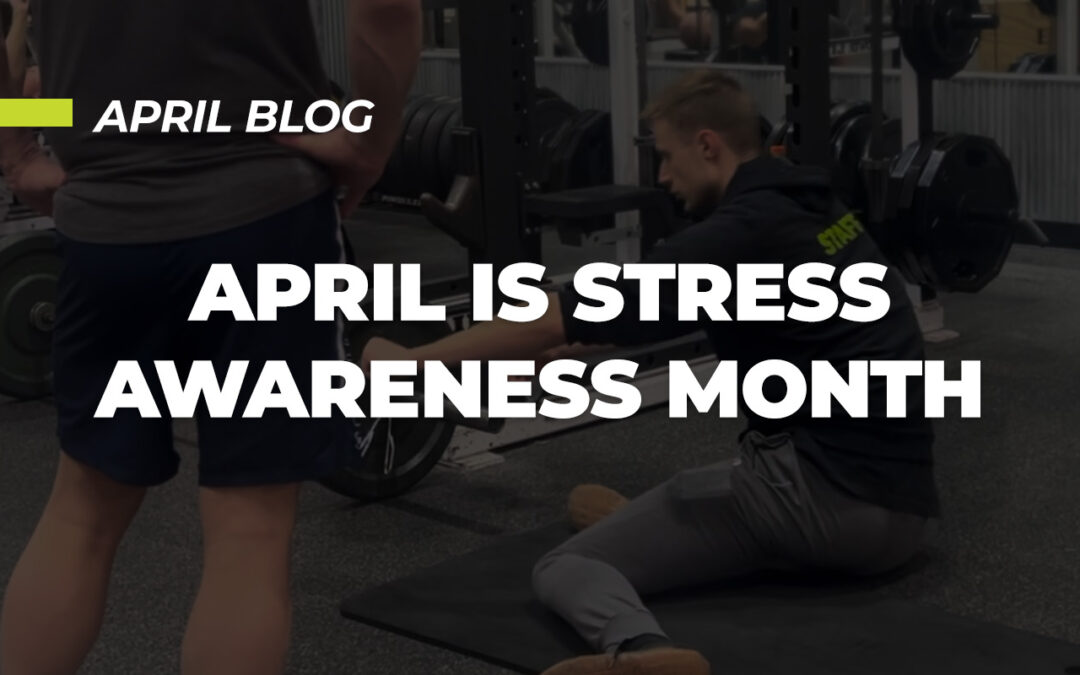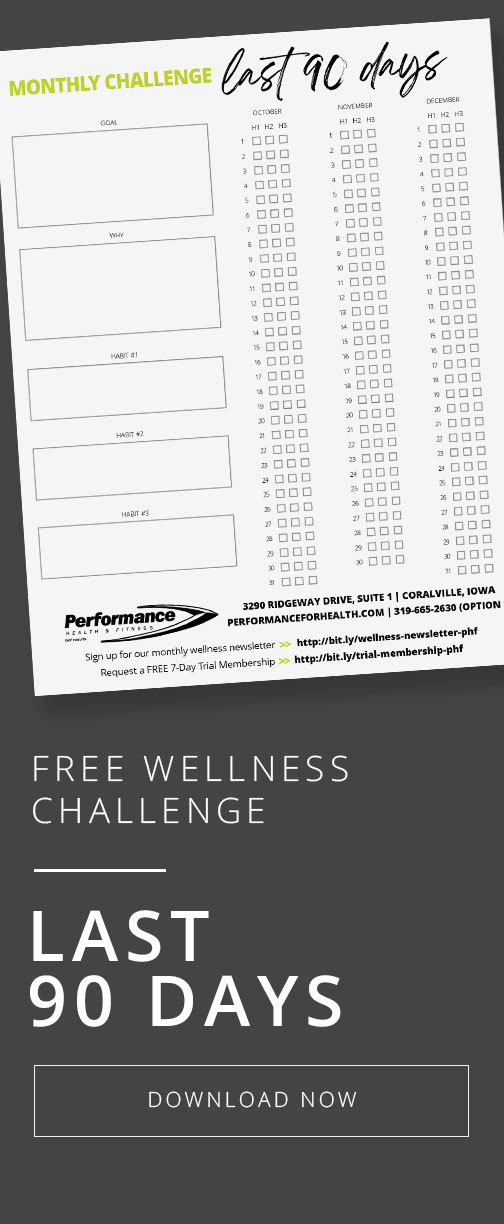Stress awareness is the ability to recognize and understand the signs and symptoms of stress in oneself and others.
Stress awareness also involves understanding the sources of stress in one’s life, whether they be related to work, relationships, or other factors, and taking proactive steps to address those sources. Overall, stress awareness is an important skill for maintaining physical and mental health in today’s fast-paced and demanding world.
Physical activity has been linked to improved mental health, including reduced stress and anxiety, improved mood, and better cognitive function. Furthermore, regular physical activity can improve sleep quality, increase energy levels, and promote a more positive body image.
Personal Trainer and Strength Coach, Matt, gives us insight on his relationship with exercise and how it correlates with reducing stress.
We have all heard of the sympathetic nervous system, most of us are more familiar with the responses it is meant to elicit- “fight or flight”.
The sympathetic nervous system is stimulated in stressful situations. It is an essential survival adaptation that once helped to be prepared in potentially life-threatening situations, but today it makes us confused when we start to sweat, tense up, and feel our heart rate increase when we think about the due date for that important work task coming up.
When your body reacts to non-life-threatening situations in this manner we call it anxiety. When this builds up over time and occurs regularly, we call it chronic anxiety. When anxiety becomes chronic then risks of other chronic diseases such as high blood pressure, cardiovascular diseases, and metabolic disorders significantly increase.
Exercising weekly between 150-300 minutes has been seen to drastically mitigate both the risks and symptoms of the other chronic diseases that are associated with chronic anxiety.
The next vital relationship between the two is much more direct. Both aerobic and resistance training have shown to improve the function of the sympathetic nervous system.
Resistance training has shown an increase in function to the parasympathetic nervous system, as well, which has the opposite effects therefore its improved function would aid in the balance of the two systems.
Another factor to keep in mind regarding the relationship between exercise and anxiety, is that they have a dose-response relationship.
This is a fancy term that means there is a minimum dose of exercise that needs to be achieved in order to actually produce a desired response in anxiety and there is an upper limit where the response starts to become undesirable.
The response becomes more and more desirable as the dose increases anywhere in between those lower and upper limits. Staying between that 150-300 minutes of weekly exercise is an easy way to make sure that your exercise routine is both safe and effective.
Exercise has many benefits both mental and physical that will aid in an individual’s level of anxiety.
The physical benefits are:
- improved heart rate
- blood pressure
- increases in strength
- metabolism
- improved tolerance for and ability to do work
Much of this will carry over to mental changes, the healthier you are the happier you become. There is also a sense of accomplishment that goes along with completing workouts.
A good workout should be simple and easy enough to ensure its completion but challenging enough that by completing you have proven to yourself you could do more than you had previously thought.
In my experience, for most people, this means that it should be harder than what you are used to. But for some individuals the anxiety that is triggered just by the thought of such a workout can be enough to prevent them from even attending it.
“Treat your mind like any other part of your body.”
If you have an injury in your shoulder that prevents you from doing bench press, then certainly your next workout is not going to involve going super heavy on bench press.
Stress vs eustress
- Reconsider your view of stressful situation
- Exercise is medicine and just by attempting it you are one step above and beyond the majority of others
- Action required in order to address the problem- avoid simple observation of the symptoms
Request a Complimentary Initial Consultation
Would you like to schedule a complimentary initial consultation with Matt? Fill out the form below and we will get back to you within 24 business hours with availability and next steps. These appointments typically last 30-60 minutes and are scheduled in advance. Initial consultations can be conducted in person or virtually.


